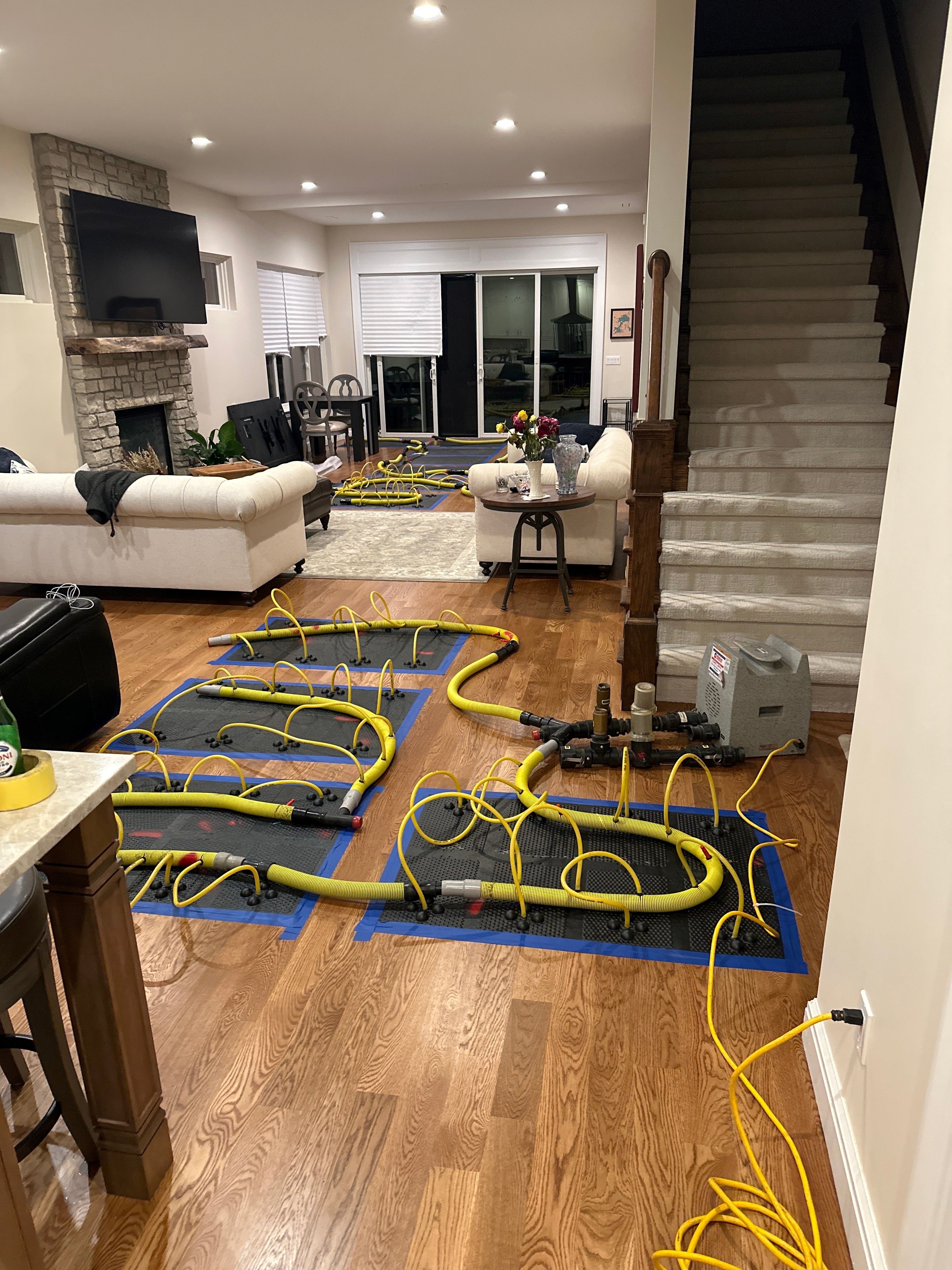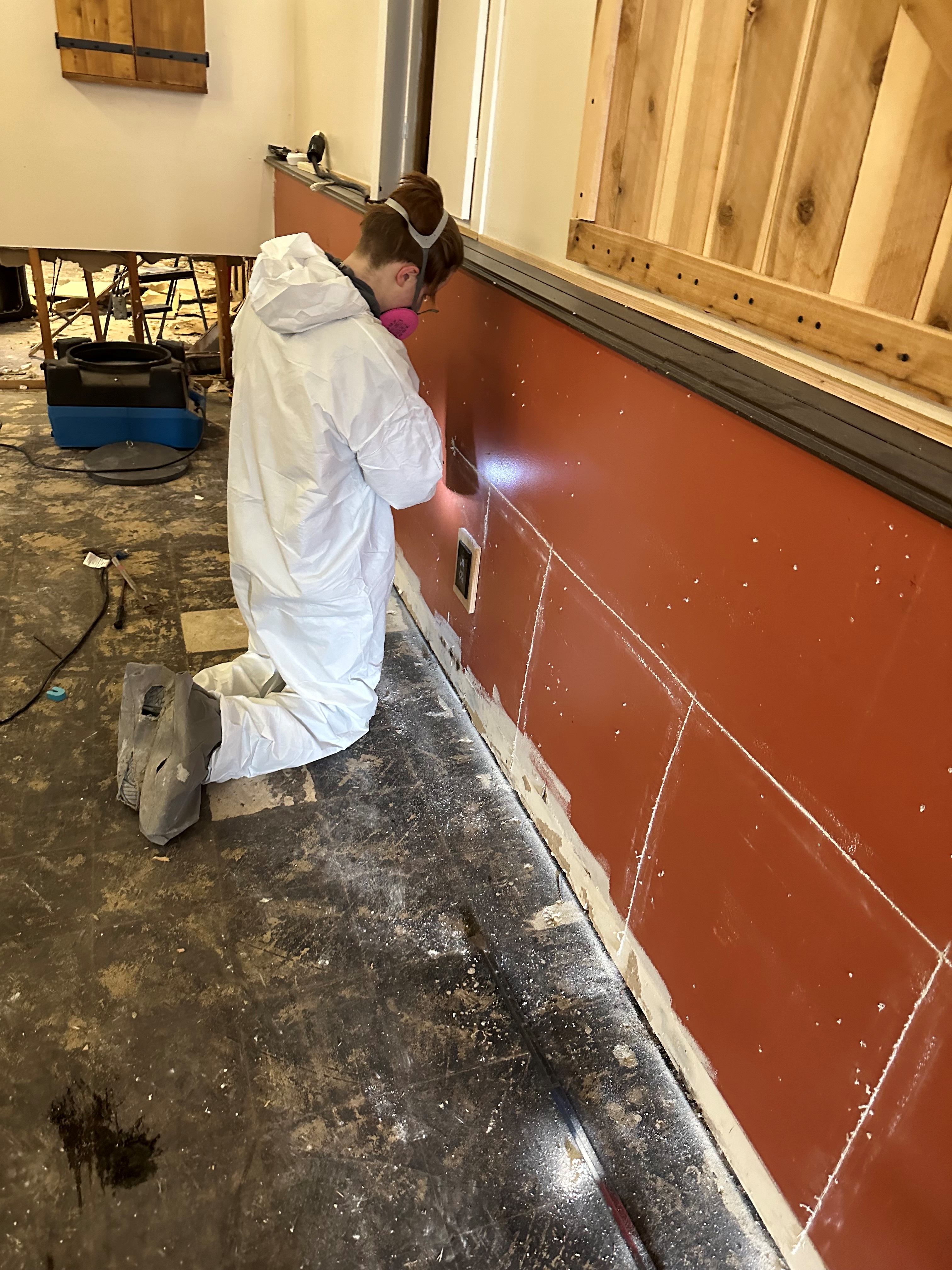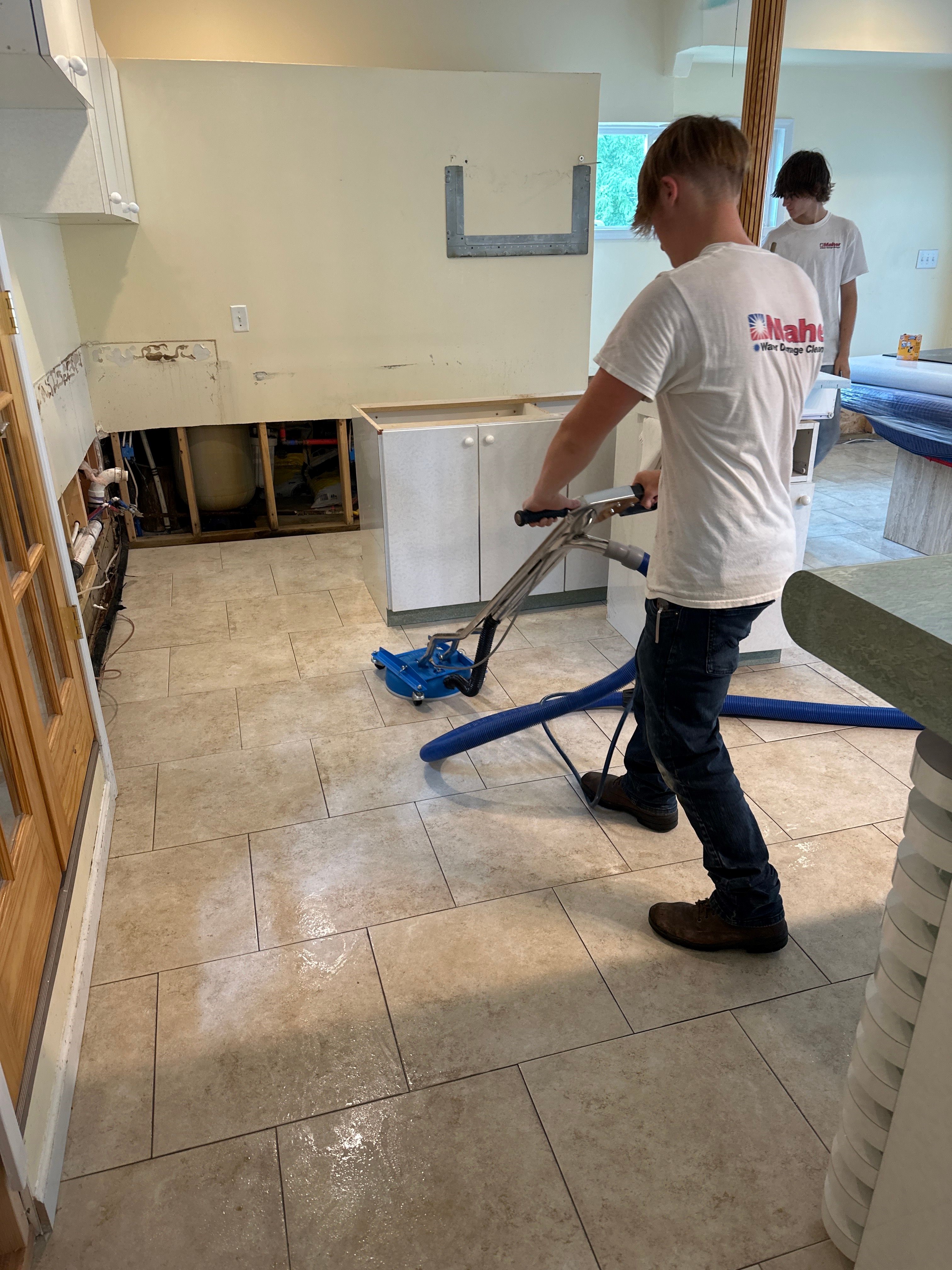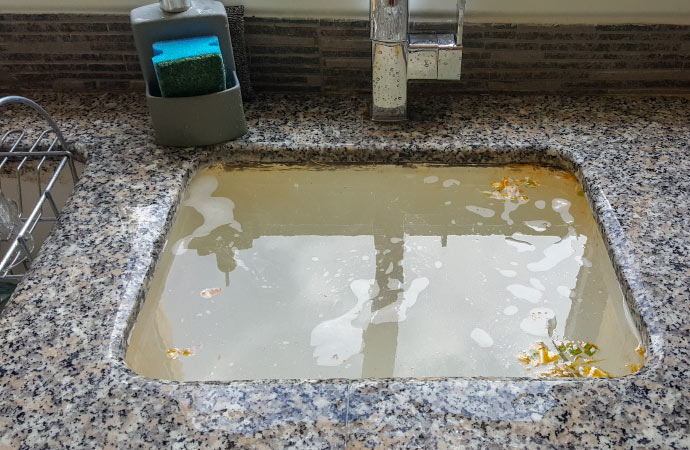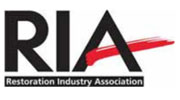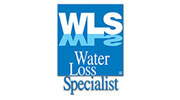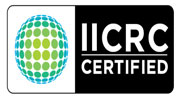Shower & Tub Overflow Cleanup in Novi & Commerce

A shower or tub overflow can quickly lead to water damage and promote mold growth if not addressed promptly. Acting fast helps prevent extensive structural damage and creates a safer, healthier environment. Professional cleanup ensures the affected area is thoroughly restored, preventing future complications.
Maher Water Damage Cleanup & Mold Removal understands the havoc that unexpected water-related issues can cause. Whether it's a shower or tub overflow, our certified experts are here to provide fast, efficient solutions. We specialize in mitigating damage, restoring your space, and providing a mold-free home.
Available across Michigan, we’re ready to respond to any emergencies at any time. Reach out to us for immediate assistance.
How Does a Shower or Tub Overflow Occur?
A shower or tub overflow can happen unexpectedly, often leading to significant water damage if not addressed quickly. Understanding the common causes of these overflows can help prevent them and minimize potential risks. Here are the most frequent reasons why shower or tub overflows occur:
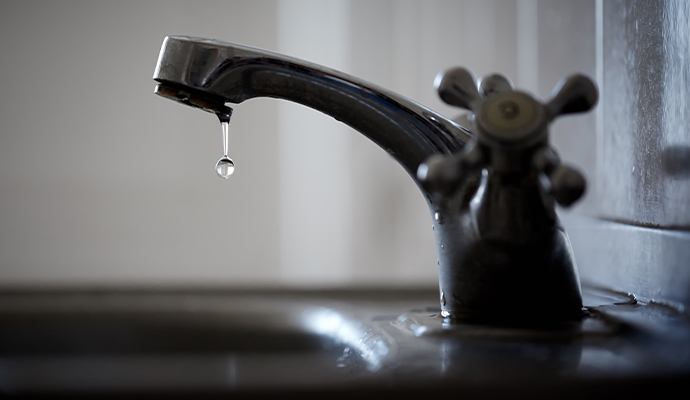
- Clogged Drains: Hair, soap scum, and other debris can build up over time, restricting water flow. Water accumulates in the tub or shower, eventually leading to an overflow.
- Faulty or Stuck Drain Stopper: A malfunctioning drain stopper can prevent water from properly draining. If the stopper becomes stuck or fails to open fully, water can back up.
- High Water Pressure: Excessive water pressure in your plumbing system can overwhelm your tub or shower’s drainage capacity. When the water pressure is too high, water may fill the tub or shower faster than it can drain.
- Overfilled Bathtubs: If someone accidentally leaves the water running without monitoring the fill level, the water can easily spill over the sides.
- Plumbing Blockages: Tree roots, debris, or sediment buildup in pipes can cause water to back up and overflow in tubs and showers.
- Leaks or Malfunctioning Faucets: A slow leak or malfunctioning faucet that doesn’t fully turn off can also cause water to accumulate over time.
What are the Water Damage Risks from Shower or Tub Overflow?
Shower and tub overflows may seem like minor incidents, but they can lead to significant water damage if not addressed quickly. Here are some of the primary risks associated with water damage from overflows:
Floor Damage
Bathroom flooring is especially vulnerable to water damage from overflows. Water can infiltrate the grout lines in tile floors, damage vinyl flooring, and cause wood or laminate floors to buckle or warp. Water trapped beneath flooring can remain unnoticed, leading to hidden damage over time.
Structural Damage
Overflowing water can seep into floors, walls, and ceilings, weakening the structural integrity of your home. Prolonged exposure to moisture can cause wood to warp or rot, potentially leading to costly repairs. In severe cases, it can even compromise the safety of the building’s framework.
Mold & Mildew Growth
Moisture from overflows creates an ideal environment for mold and mildew to thrive. Mold can grow behind walls, under floors, or in hidden spaces, causing not only property damage but also health risks. Mold can lead to respiratory problems, allergies, and other health issues if left unchecked.
Odor and Air Quality Issues
Persistent water damage leads to musty odors caused by trapped moisture and mold. This can reduce indoor air quality and create an uncomfortable living environment. Professional water cleanup and dehumidification are essential to eliminate these odors and restore fresh air.
Stained Ceilings and Walls
Water damage from tub or shower overflows can travel downward, leaving stains and discoloration on walls and ceilings below the bathroom. These stains not only look unsightly but can also be a sign of more extensive water damage, potentially leading to mold growth if not addressed promptly.
Electrical Hazards
If water from an overflow reaches electrical wiring or outlets, it can cause short circuits, increase the risk of electrical fires, or even result in electrocution. It's crucial to turn off power to the affected areas and have a professional inspect any potential damage to ensure your safety and prevent further complications.
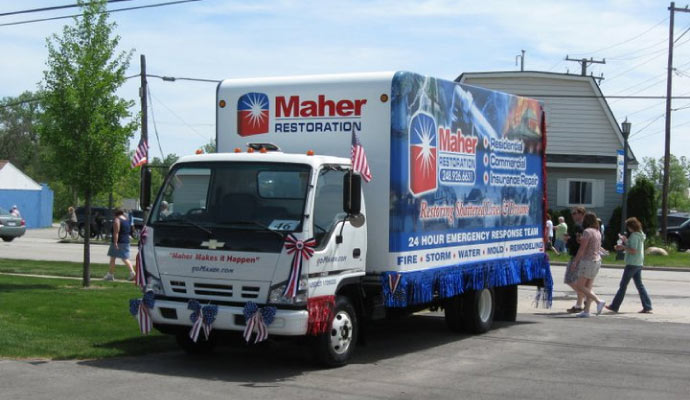
We Offer Water Damage Restoration
Maher Water Damage Cleanup & Mold Removal provides comprehensive water damage restoration services to address a wide range of issues. Our expert team is equipped to handle water pipe breaks, sewage removal and cleanup, and roof leaks to prevent further damage to your property. We also specialize in plumbing leak damage, appliance leak cleanup, and addressing structural damage caused by water exposure. If your floors have been affected by water, we offer professional floor water damage restoration for fully restored home or business that'll protect you from future issues. Whether it’s a minor leak or major flooding, we’ve got you covered across Michigan.
Restore Your Home with Our Overflow Cleanup
When a shower or tub overflow occurs, immediate action is essential to prevent water damage and mold growth. Maher has a certified team that is ready to respond quickly and efficiently, to get your home restored to its original condition. From water extraction and drying to mold prevention and repairs, we handle every step of the process with care and professionalism. Whether you're in Novi, Commerce, Livonia, or anywhere across Michigan, trust us to provide the expert service you need to protect your property. Contact us today for prompt assistance!

